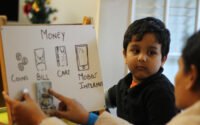How to Become an Early Childhood Teacher: Step by Step Guide
Early childhood education lays the foundation for lifelong learning, creativity, and personal growth. As the demand for qualified educators grows, many aspiring teachers are looking for structured paths to become proficient in nurturing young minds. This comprehensive step-by-step guide on how to become an early childhood teacher will help you understand the necessary qualifications, training options, career opportunities, and tips to excel in this rewarding profession.
Whether you are passionate about shaping children’s futures or looking to build a fulfilling career in education, this guide will equip you with all the information you need.
What is Early Childhood Education?
Early Childhood Care and Education Course focuses on teaching and caring for children from birth to eight years old. It emphasizes holistic development, including cognitive, social, emotional, and physical growth.
Key principles of early childhood education include:
- Child-centred learning: Focusing on each child’s individual needs and interests.
- Play-based learning: Encouraging exploration and creativity through hands-on activities.
- Inclusive environment: Supporting children of all abilities and backgrounds.
- Observation and assessment: Monitoring development to guide teaching strategies.
Becoming a certified early childhood teacher allows you to implement these principles effectively, creating meaningful and engaging learning experiences for young learners.
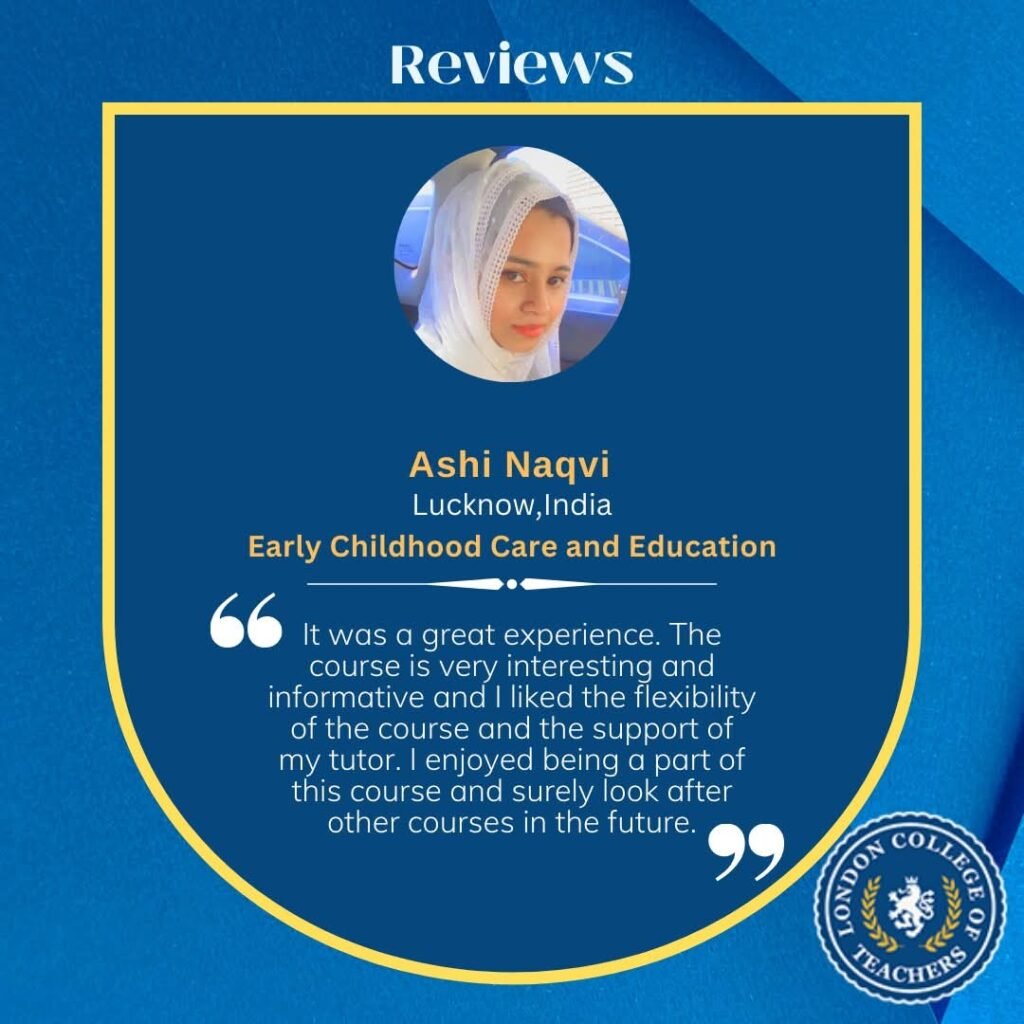
Step-by-Step Guide to Becoming an Early Childhood Teacher
Understand Eligibility Requirements
Before starting your journey, ensure you meet the basic requirements for early childhood teacher training:
- Minimum educational qualification: High school diploma or equivalent (some programs prefer a bachelor’s degree).
- Passion for working with children and understanding of early childhood development.
- Good communication skills, patience, creativity, and empathy.
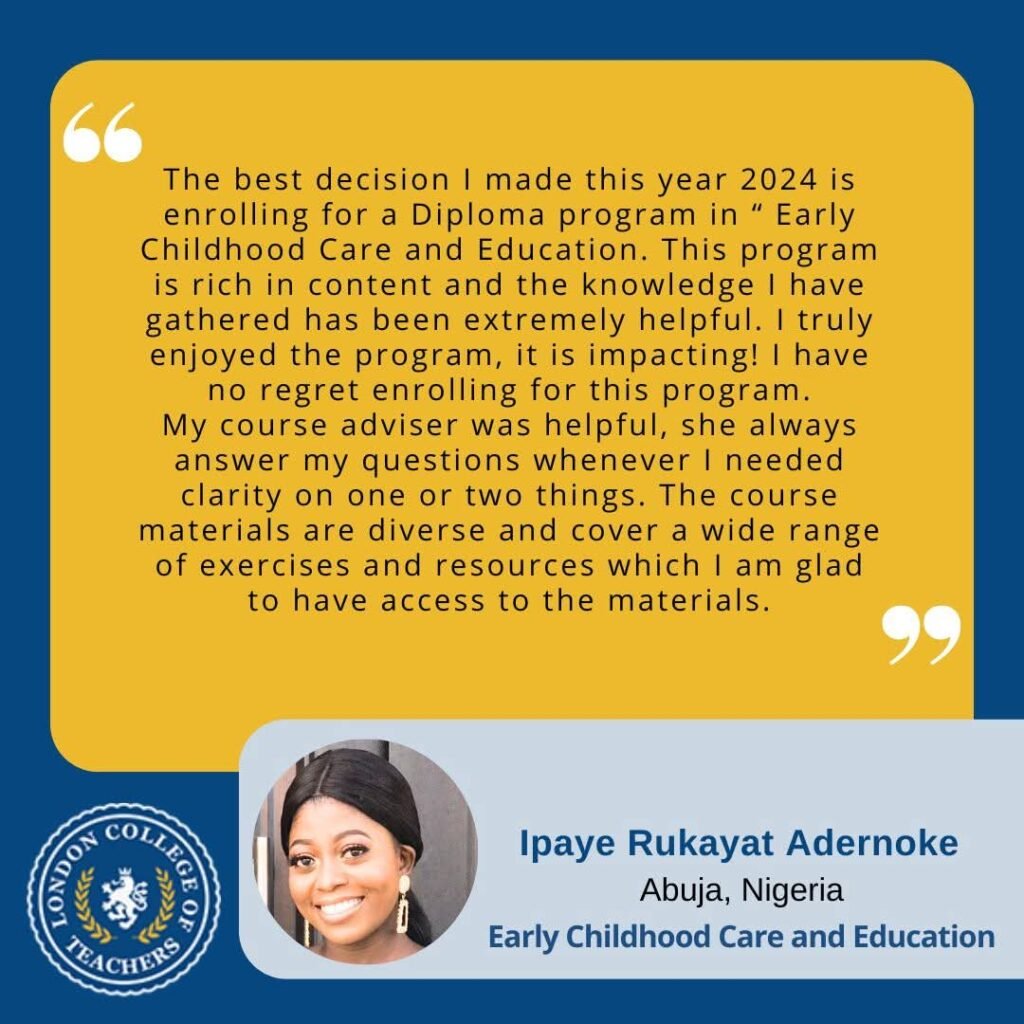
Enroll in a Certified Early Childhood Teacher Training Program
Choosing the right training program is essential. Early childhood teacher training courses provide the knowledge and practical skills required to excel in the classroom.
A highly recommended course is offered by London College of Teachers. Their programs include modules on:
- Child development and psychology
- Early childhood curriculum planning
- Classroom management techniques
- Observational and assessment skills
- Teaching methodologies for children aged 2–8
These courses are designed to be flexible and interactive, with a combination of theory, practical activities, and mentoring.
Gain Practical Experience
Practical experience is crucial for developing confidence and competence. Many training programs include internship or practicum opportunities where trainees observe classrooms, assist experienced teachers, and implement teaching strategies under supervision.
Hands-on practice allows you to:
- Apply learned concepts in real classroom settings
- Understand children’s diverse learning styles
- Develop classroom management and problem-solving skills
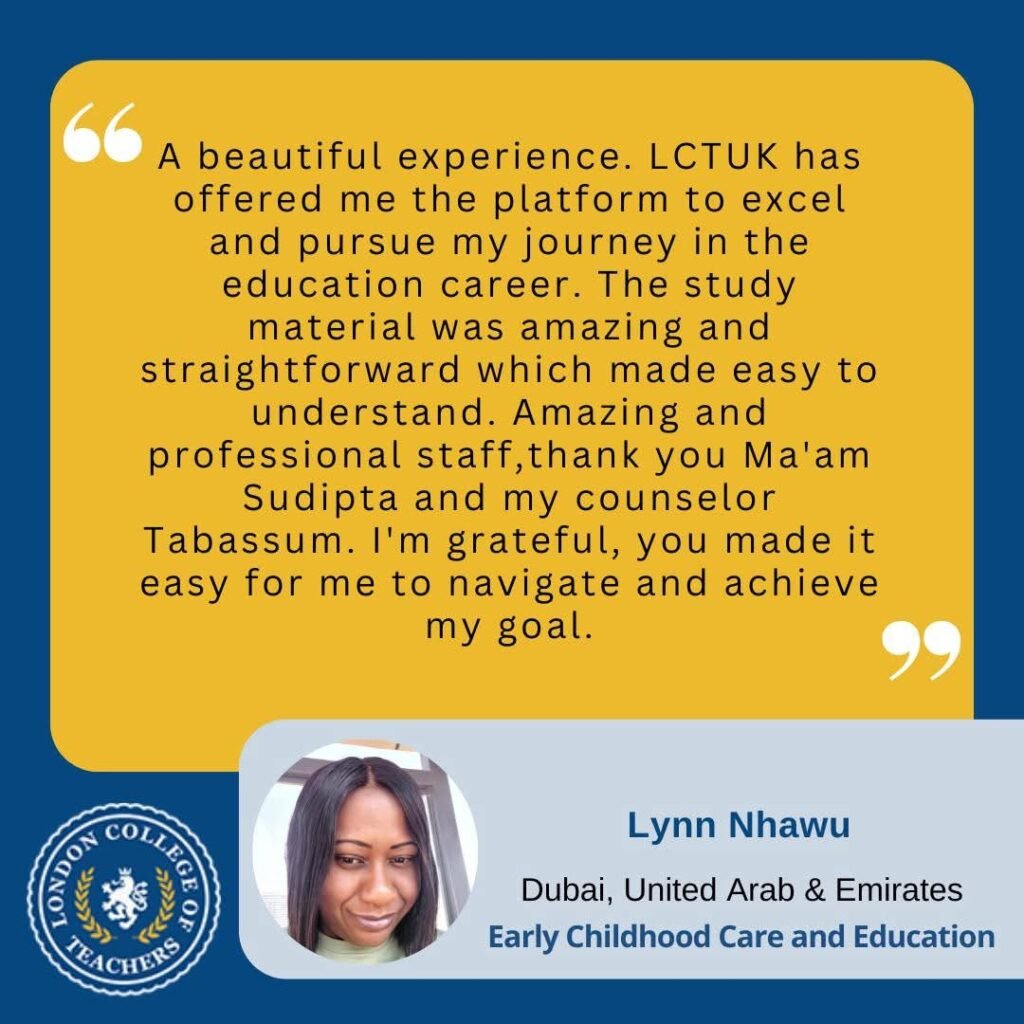
Obtain Certification
After completing the training and practical experience, you will receive a certified early childhood teacher qualification. Certification demonstrates your competence to employers and ensures adherence to professional standards in early childhood education.
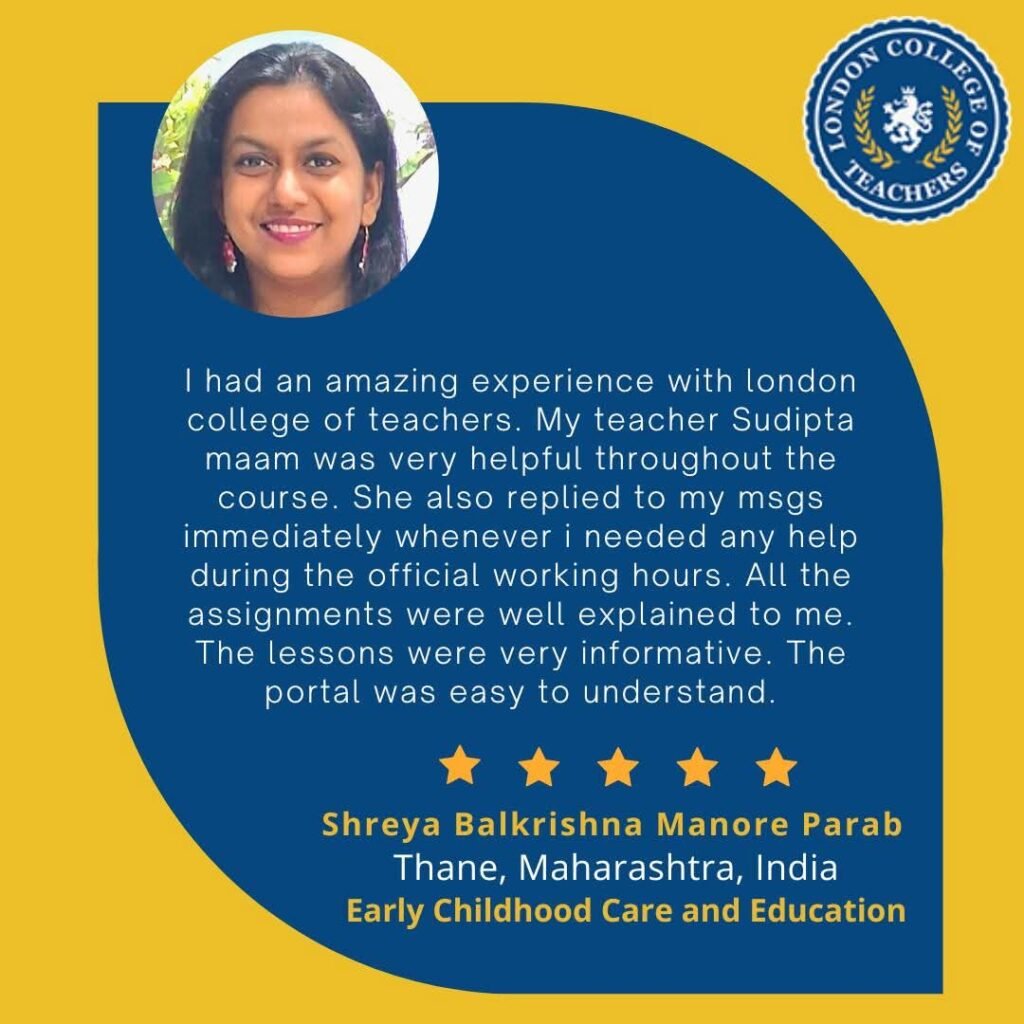
Launch Your Career
With certification, you can pursue various career opportunities:
- Early childhood centres and preschools
- Kindergarten classrooms
- Childcare and day care facilities
- Educational consulting and curriculum development
Experienced teachers can also progress to lead teacher, trainer, or administrative roles in educational institutions.
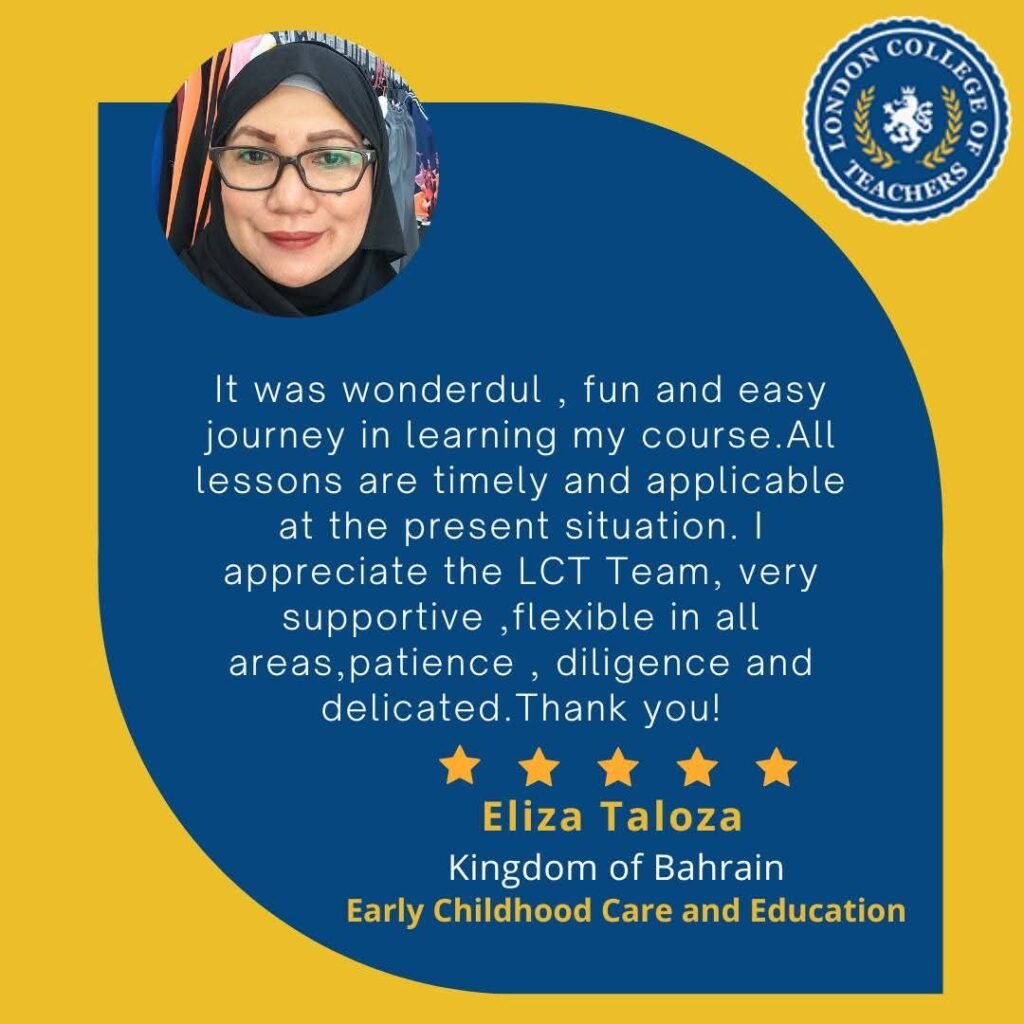
Why Choose a Career in Early Childhood Education?
- High demand: Qualified early childhood educators are increasingly sought after as parents prioritize quality early education.
- Personal fulfillment: Helping children grow and learn can be deeply rewarding.
- Professional growth: Opportunities to specialize, lead, or train others in early childhood education.
- Competitive compensation: Certified educators can secure stable and rewarding employment.
Frequently Asked Questions (FAQs)
- What skills are required to become an early childhood teacher?
Key skills include communication, creativity, patience, empathy, and classroom management. Understanding child development and learning strategies is also essential. - How long does it take to become an early childhood teacher?
Training programs typically range from 6 months to 1 year, depending on course intensity and practical experience requirements. Some programs offer part-time or accelerated options. - What is the salary of an early childhood teacher?
Salaries vary depending on experience, institution type, and location. On average, certified teachers earn competitive wages, with opportunities for growth as you gain experience and specialize. - Do I need a degree to become an early childhood teacher?
While some programs accept candidates with a high school diploma, having a bachelor’s degree in education or related fields is advantageous. Certification and practical experience are equally important.
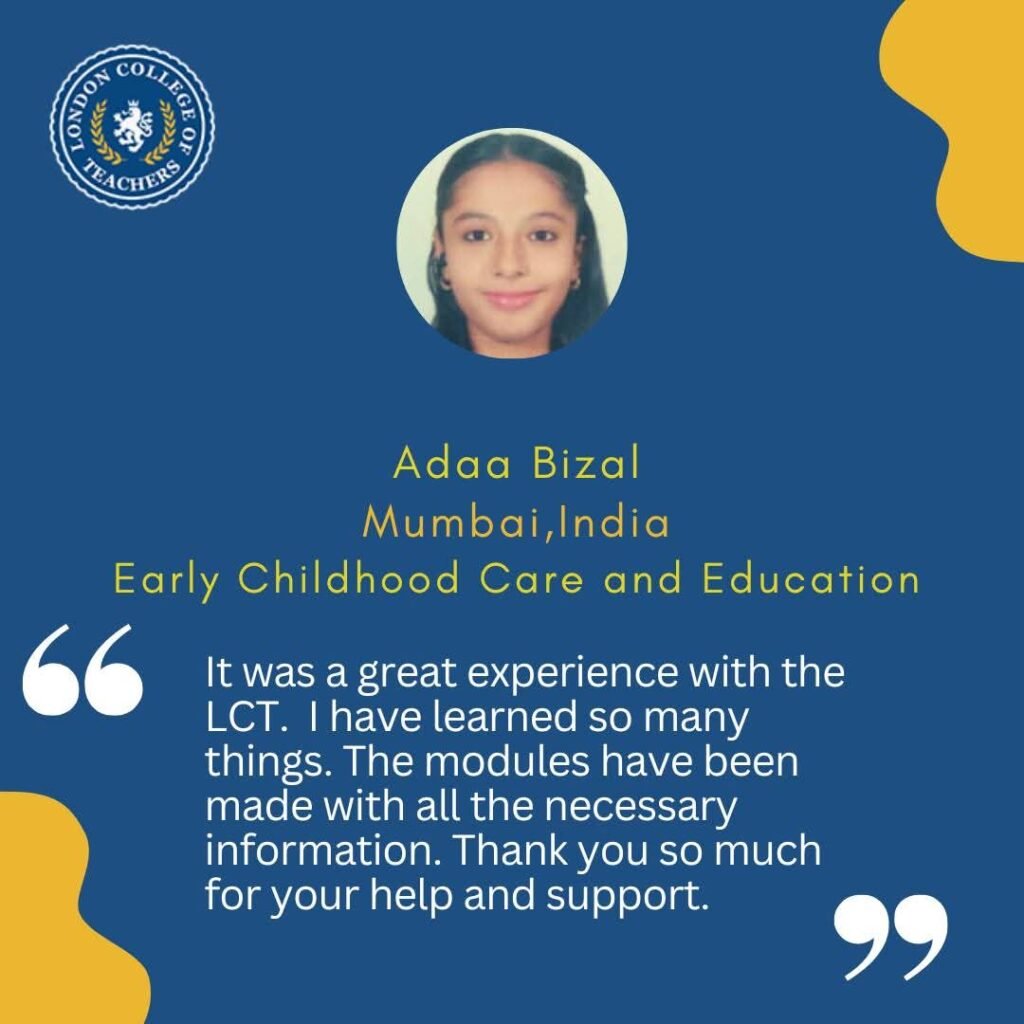
Additional Resources
- National Association for the Education of Young Children (NAEYC) – Offers professional resources and accreditation guidance.
- Early Childhood Education Resources by UNESCO – Provides global research and guidelines on early learning.
- London College of Teachers – Enroll in certified online early childhood teacher courses.
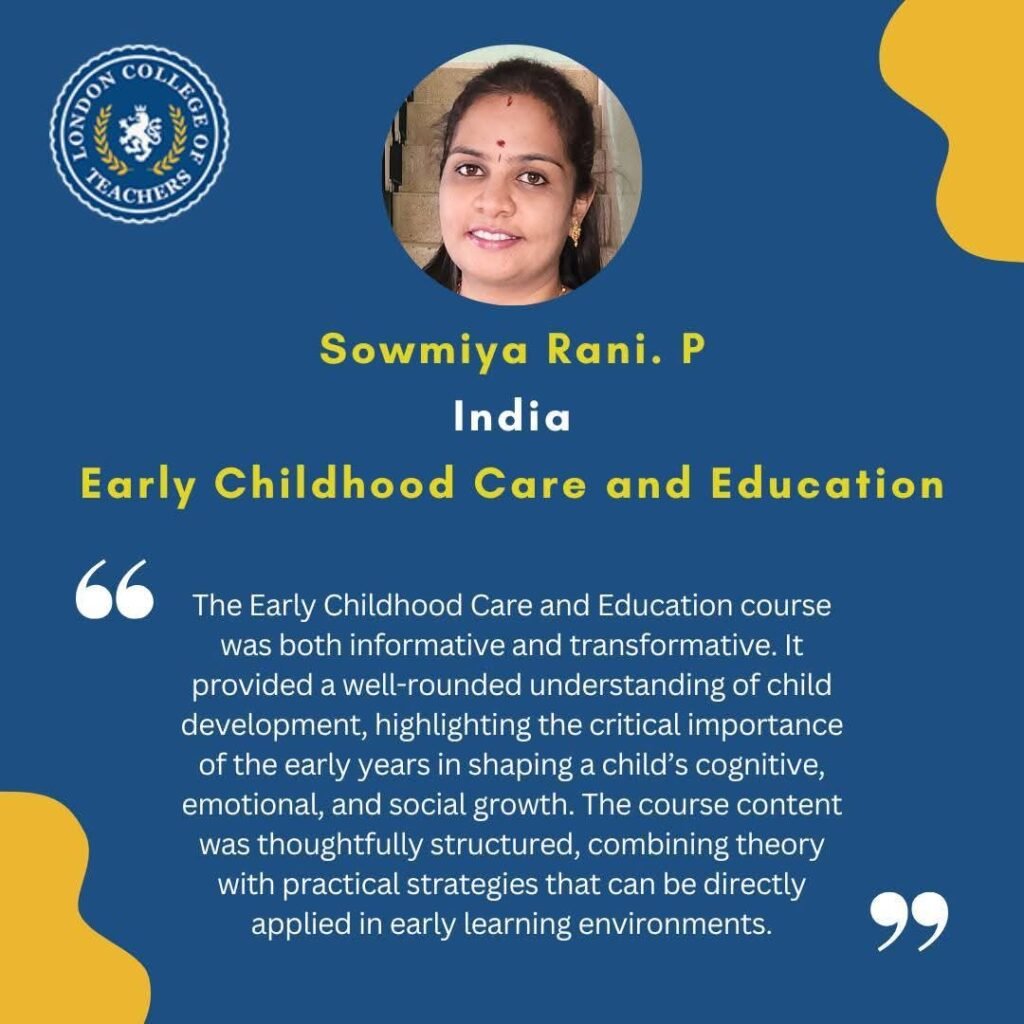
Call to Action (CTA)
If you are ready to begin a rewarding career as an early childhood teacher, take the first step today. Enroll in a certified early childhood teacher training program at the London College of Teachers to gain the knowledge, skills, and confidence needed to make a lasting impact on children’s lives.
